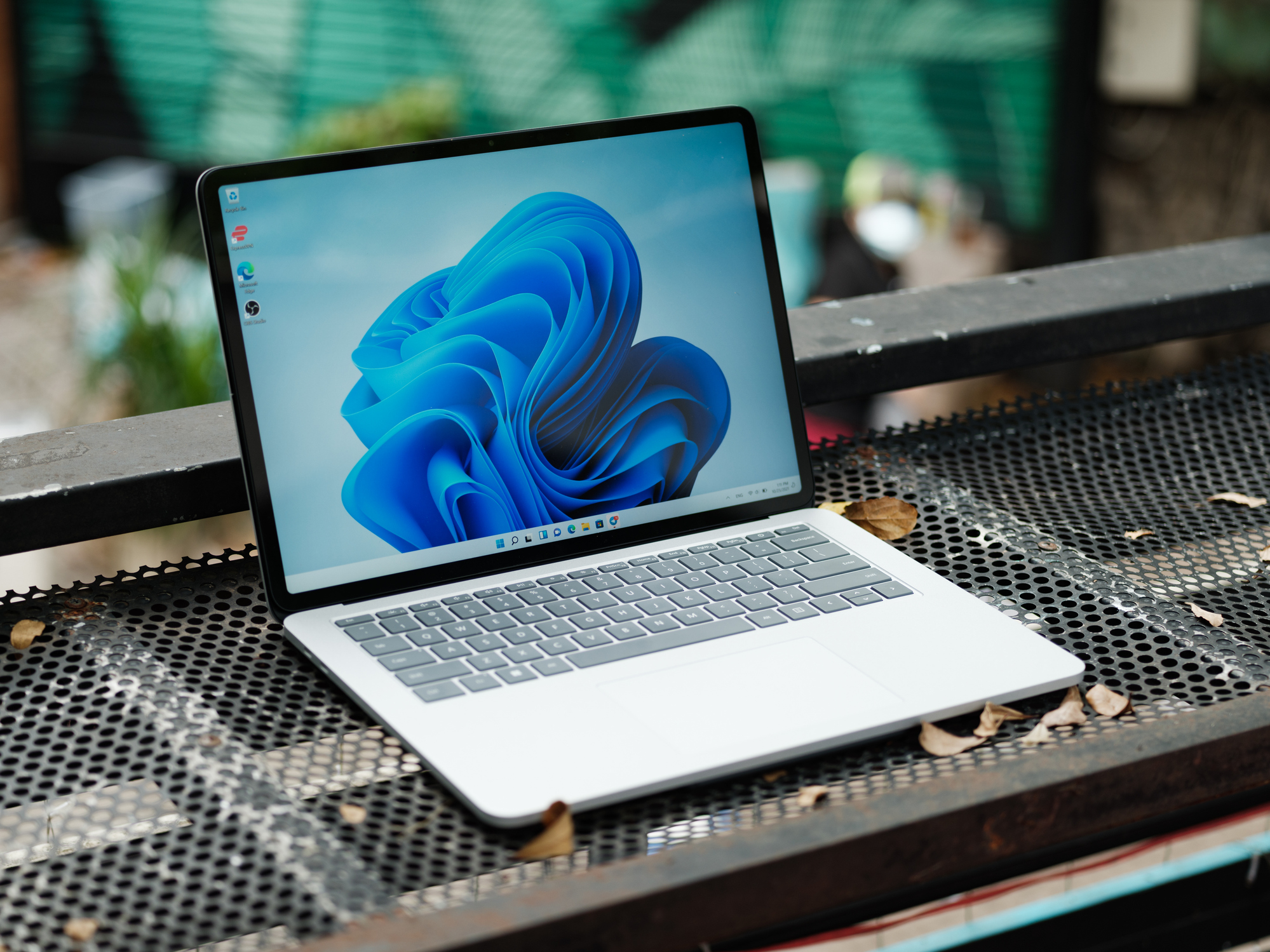Microsoft’s latest innovation for Windows 11, the ‘Recall’ feature, has generated considerable buzz—and not all of it positive. The AI-powered tool, designed to record and archive every user activity on select Windows 11 PCs, has drawn comparisons to the dystopian tech portrayed in the TV series Black Mirror. Even Elon Musk commented on the feature, calling it a real-life “Black Mirror episode” and suggesting he would disable it immediately.
What is Recall?
Recall is a new feature set to debut on Microsoft’s ‘Copilot+ PCs’. Announced in a blog post by Microsoft Executive Vice President Yusuf Mehdi, Recall uses AI to create a detailed log of user activity by taking periodic screenshots. This “photographic memory” allows users to access and search through everything they’ve done on their computer, from browsing websites to working on documents.
According to Mehdi, Recall aims to solve the common frustration of trying to locate previously viewed content. The feature organizes information based on relationships and associations unique to each user’s experiences. Users can scroll through a visual timeline and find content from any application, website, or document.
Privacy and Security Features
Microsoft has included several privacy controls with Recall. Users can delete individual snapshots, adjust time ranges, pause the recording, or filter out specific apps or websites. The company emphasizes that all data is stored locally on the device, and no information is sent to Microsoft’s servers.
“Your snapshots are yours; they stay locally on your PC,” Mehdi explained. This local storage, however, raises concerns about how secure this data truly is.
Security Concerns
The introduction of Recall has prompted significant security and privacy concerns:
- Local Data Vulnerability: While keeping data local avoids potential cloud breaches, it raises the risk of local attacks. If a threat actor gains access to a device, they could extract the stored data, leading to severe privacy breaches.
- Encryption Standards: The effectiveness of Recall’s data protection hinges on robust encryption. Microsoft needs to ensure that all recorded data is encrypted to prevent unauthorized access.
- Access Control: In shared or corporate environments, controlling who can access the recorded data becomes crucial. Enhanced access control measures must be implemented to ensure data security.
- Privacy Implications: Users may be uneasy about the extent of data collection, even with local storage and privacy controls. The potential for misuse or accidental exposure remains a significant concern.
- Generative AI Concerns: Some users worry that their personal data might be used without consent to train Microsoft’s AI models, despite assurances that data remains local.
Mitigation Strategies
To address these concerns, Microsoft and users should take proactive measures:
- Implement Strong Encryption: Ensure that all data stored by Recall is encrypted, making it inaccessible without proper authorization.
- Regular Security Updates: Continuously update Recall and the underlying OS to address any discovered vulnerabilities.
- User Education: Educate users on best practices for securing their devices, including the use of strong passwords and multi-factor authentication.
- Robust Access Controls: Develop and enforce stringent access control policies, particularly in environments where multiple users may have access to the same device.
- Incident Response Plans: Establish clear incident response plans to quickly address any breaches involving Recall data.
Conclusion
While the Recall feature in Windows 11 promises to enhance user productivity by providing an advanced method of organizing and retrieving past activities, it also introduces significant security and privacy challenges. It’s imperative that Microsoft and its users work together to manage these risks effectively, ensuring that personal and sensitive data remains secure. Going forward, continual vigilance and comprehensive security practices will be essential to maintaining user trust and data integrity.
How Can Netizen Help?
Netizen ensures that security gets built-in and not bolted-on. Providing advanced solutions to protect critical IT infrastructure such as the popular “CISO-as-a-Service” wherein companies can leverage the expertise of executive-level cybersecurity professionals without having to bear the cost of employing them full time.
We also offer compliance support, vulnerability assessments, penetration testing, and more security-related services for businesses of any size and type.
Additionally, Netizen offers an automated and affordable assessment tool that continuously scans systems, websites, applications, and networks to uncover issues. Vulnerability data is then securely analyzed and presented through an easy-to-interpret dashboard to yield actionable risk and compliance information for audiences ranging from IT professionals to executive managers.
Netizen is an ISO 27001:2013 (Information Security Management), ISO 9001:2015, and CMMI V 2.0 Level 3 certified company. We are a proud Service-Disabled Veteran-Owned Small Business that is recognized by the U.S. Department of Labor for hiring and retention of military veterans.
Questions or concerns? Feel free to reach out to us any time –
https://www.netizen.net/contact



